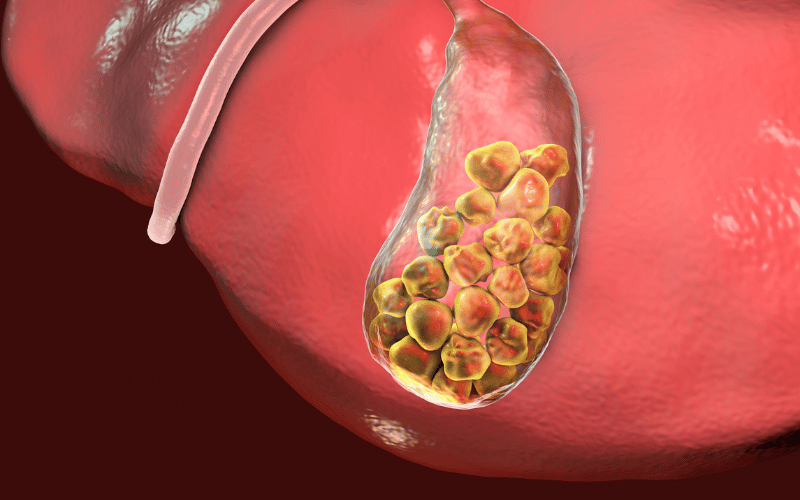Fact 2: Identifying High-Risk Groups

Understanding who is at risk for developing gallstones is pivotal for prevention and early intervention. High-risk groups for gallstones include women, individuals over the age of 40, those with a family history of gallstones, and individuals who are obese. Women are more susceptible, particularly during pregnancy or if they are taking hormonal therapies such as birth control pills, due to elevated estrogen levels, which can increase cholesterol levels in bile and decrease gallbladder movement, leading to gallstone formation.
Age plays a significant role, too, as the risk of gallstones increases with age. The gallbladder’s efficiency in emptying and bile’s concentration tend to change over time, contributing to the risk. A family history of gallstones can also increase an individual’s likelihood of developing them, suggesting a genetic component to the condition.
Obesity is another major risk factor. Excess body fat can lead to increased cholesterol production, which can overwhelm the bile’s ability to dissolve it, resulting in gallstone formation. Rapid weight loss can also pose a risk as it causes the liver to release extra cholesterol into the bile, creating an environment conducive to gallstone development.
It’s worth noting that certain ethnic groups are more prone to gallstones. Native Americans, for instance, have a genetic predisposition to secrete higher levels of cholesterol in bile, which increases their risk of cholesterol stones. Similarly, Mexican-Americans are also at a higher risk.
Recognizing these high-risk groups allows for targeted education and preventive strategies, helping individuals stay one step ahead and minimizing their risk of developing gallstones. By addressing these risk factors proactively, the journey towards a gallstone-free life becomes more navigable and attainable. (2)